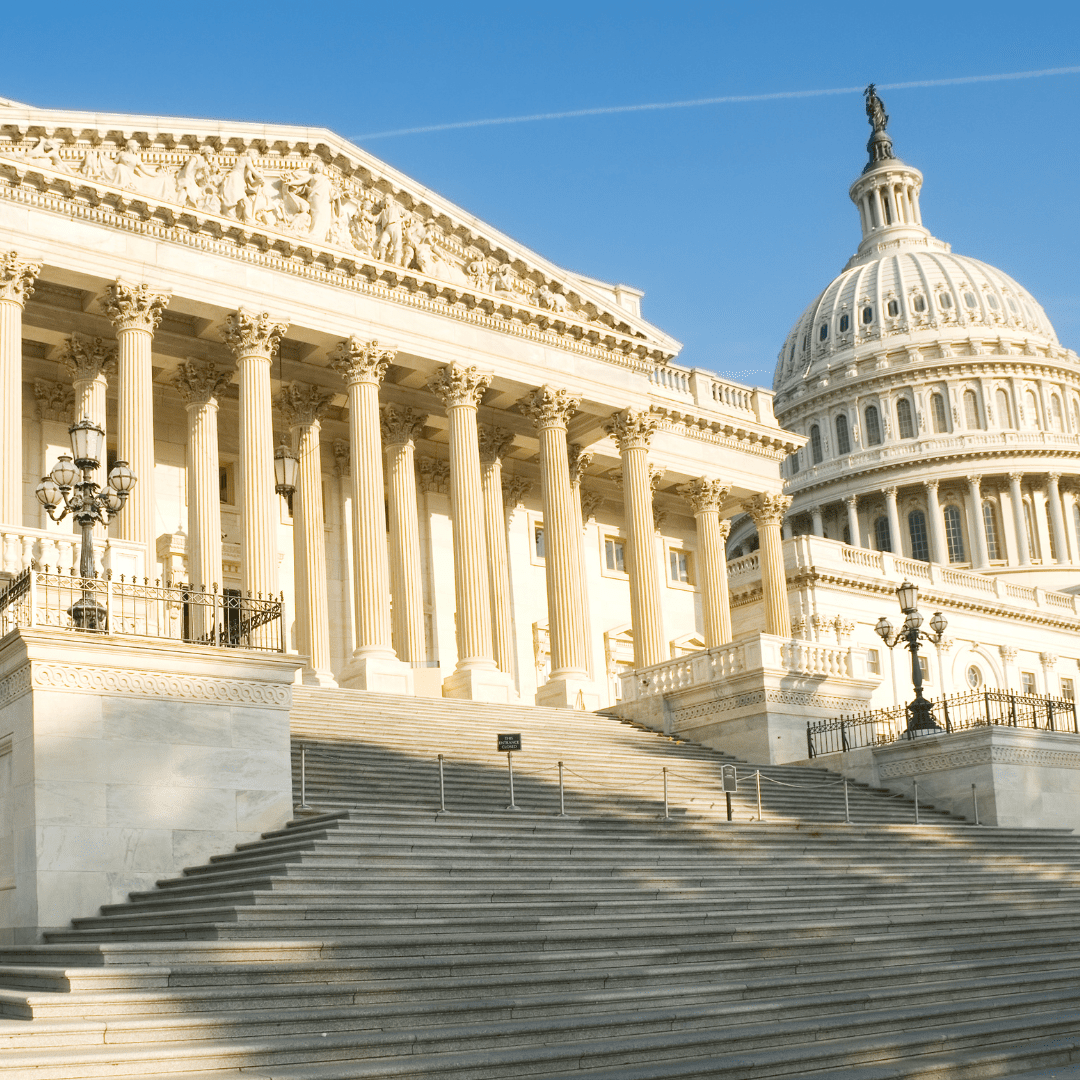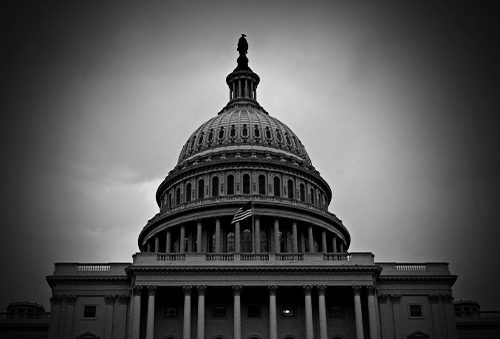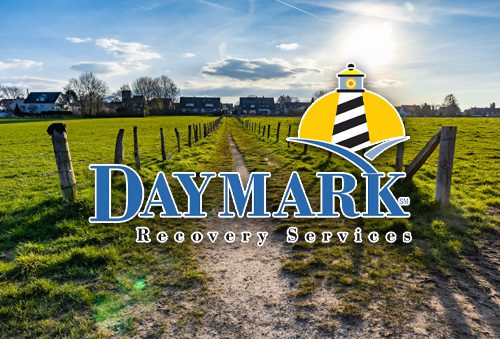-

When Federal Data Disappears: How Missing Health Data Undermines Grant Funding and Equity Initiatives
Start READING: When Federal Data Disappears: How Missing Health Data Undermines Grant Funding and Equity InitiativesA presidential executive order did more than send a political message; it disrupted a system that numerous organizations rely on when seeking grant funding, revealing the truth about health disparities, and designing effective public health interventions. President Donald Trump signed an executive order on Jan. 20, 2025, directing federal agencies to eliminate references to “gender…
-

“One Big Beautiful Bill” Reduces Medicaid and Food Stamp Funding and Could Trigger Medicare Cuts
Start READING: “One Big Beautiful Bill” Reduces Medicaid and Food Stamp Funding and Could Trigger Medicare CutsThe “One Big Beautiful Bill” Act passed by the U.S. House of Representatives on May 22 represents the largest reductions to Medicaid in the program’s 60-year history, according to KFF Health News “What the Health” podcast. According to a May 20 analysis of the bill, the nonpartisan Congressional Budget Office (CBO) estimated that proposed changes…
-

How State Policy Shapes Human Service Delivery and the Urgent Need for Outcome-Driven Reform
Start READING: How State Policy Shapes Human Service Delivery and the Urgent Need for Outcome-Driven ReformState contracting policies significantly impact human service providers, often creating financial and administrative challenges that hinder service delivery. Many providers face inefficiencies that lead to financial instability, staff turnover, and service disruptions. The shift to outcome-based contracting can help to create a more sustainable and effective human services sector.
-

Funding Federal Government: Who Has the Power to Do What?
Start READING: Funding Federal Government: Who Has the Power to Do What?Understanding the federal budget process is crucial, especially when funding for essential programs is at risk. The executive branch cannot unilaterally withhold congressionally approved funds, as demonstrated by the recent federal court ruling.
-

Federal Judge Temporarily Blocks White House Effort to Pause Federal Grant Dollars to States and Nonprofits
Start READING: Federal Judge Temporarily Blocks White House Effort to Pause Federal Grant Dollars to States and NonprofitsA U.S. District Court judge blocked the Trump administration’s effort to pause federal grant funding to state governments and nonprofit health and human service providers on Tuesday, January 28th, at 5 p.m. ET.
-

Telehealth Improving Access to Care in Rural Communities
Start READING: Telehealth Improving Access to Care in Rural CommunitiesIn May 2024, the Atrómitos Way Podcast focused on the youth mental health crisis, especially in rural areas where children and their parents often face significant obstacles in accessing care. Our episode, “Rural Telehealth: Transforming Child Mental Health,” with Billy West, the CEO of Daymark Recovery Services, explored these barriers to care and highlighted an…






